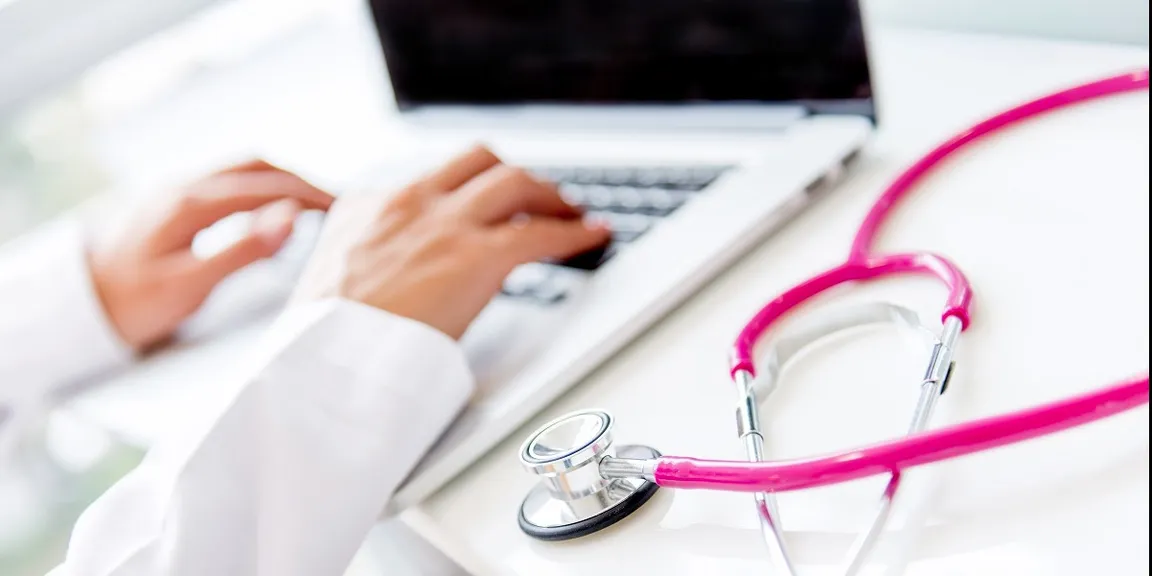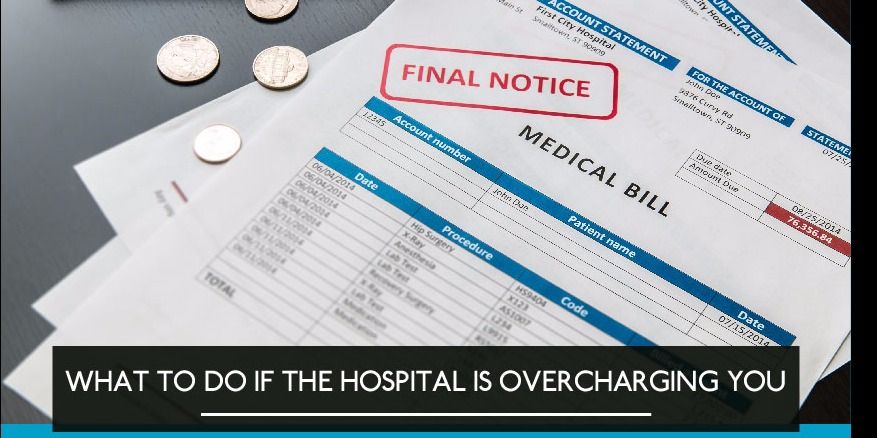

Patient data protection: How technology has impacted healthcare information
For better or worse, technology is now ubiquitous in our daily lives and every industry. The healthcare industry is no different, and now uses technology to send test results, referrals and other information more quickly than ever before. Unfortunately, however, hackers and security breaches seem to happen wherever there is a computer to be found. As a result, hospitals, doctor's offices and other healthcare facilities must be beyond vigilant when it comes to protecting patient data. Here are some ways that technology has impacted patient information in the healthcare industry.
The Good
Healthcare IT is making medicine safer and more expedient. The ease with which labs and doctors can share information has made accessing treatment faster than ever before. Computerized systems can also automatically alert caregivers to allergy information, potential medication interactions and other important information. When questions arise, a patient's entire medical history is now accessed at the touch of a button, providing answers to caregivers when patients themselves cannot. Of course, as technology has improved, so have testing methods and medical equipment.
The Bad
Hackers and accidents happen. It is crucial that IT professionals protect healthcare equipment and computers from interference and do what they can to eliminate human error. Private information can now be sent to another office or pharmacy quickly when needed, but this information can also accidentally go to the wrong people just as quickly. Healthcare technology has also struggled with compatibility issues. X-ray machines, patient databases, pharmacy computers and doctor's offices must all be able to send information to each other. Machines running different software programs must learn to talk to each other, or the convenience of digital information is lost. Even though great attention is being given to this issue, compatibility is still not always guaranteed. Breakdowns and malfunctions occur, as well.
The Profitable
The need to keep more complicated healthcare equipment and systems working and communicating has created a boon for IT professionals. Those with a healthcare informatics degree are poised to embark on a lucrative career in healthcare without going to medical school. A career in healthcare IT allows you to make a meaningful difference in patient care from behind the scenes while making a comfortable living for yourself and your family.
Information technology has already changed the face of medicine in many ways, but more changes are coming all the time. IT professionals are working diligently to expand on technology's benefits while managing and eliminating its risks. It will certainly be interesting to see what the future of IT healthcare holds and where it takes patient care.





